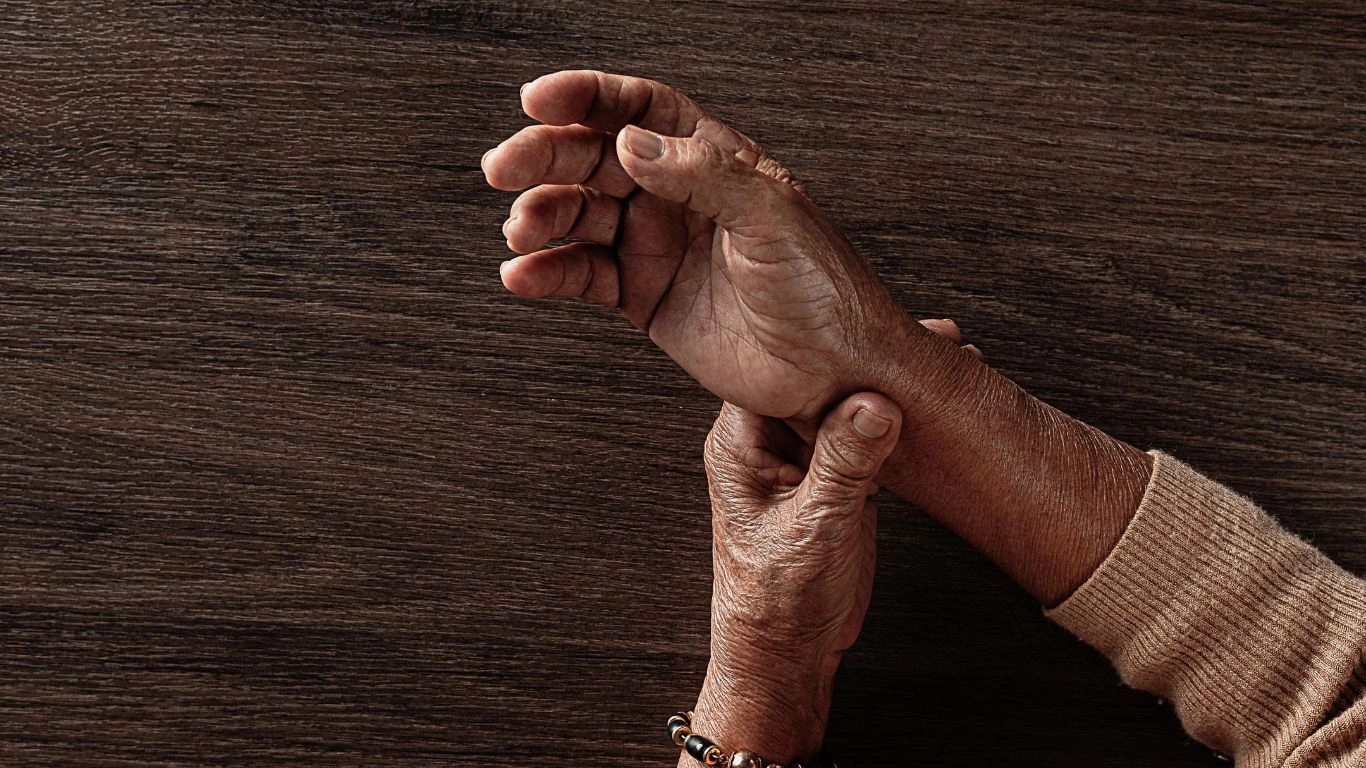Is There a Cure for Rheumatoid Arthritis? Here’s What You Need to Know
Rheumatoid arthritis (RA) is one of those conditions that can feel like a constant battle. It’s chronic, it’s unpredictable, and it can really impact your daily life. If you or someone you know is dealing with RA, you’ve probably wondered: is there a cure? In this guide, we’re diving deep into what’s really going on with RA treatment options and whether a cure is even possible. Let’s break it down.
What Is Rheumatoid Arthritis?
Rheumatoid arthritis is an autoimmune disease where the immune system mistakenly attacks the joints. It leads to inflammation, pain, and in some cases, permanent damage to the joints. Unlike osteoarthritis, which is caused by wear and tear on the joints, RA is more about your body’s immune system going haywire.

So, is there a cure for this? Let’s start by saying that there’s no straightforward, “one-and-done” cure for RA. But that doesn’t mean all hope is lost. Treatments today have come a long way in managing symptoms and even slowing the progression of the disease.
Many people with RA can lead relatively normal lives with the right treatment plan. It’s all about catching it early, working closely with your healthcare team, and staying on top of your health.
Can You Actually Cure Rheumatoid Arthritis?
The reality is, no, there isn’t a cure for RA yet. However, the way we manage and treat RA has come a long way in recent years. While we don’t have a magic pill to eliminate the disease, current treatments can help manage symptoms, reduce inflammation, and in some cases, put the disease into remission.
Many people with RA can lead relatively normal lives with the right treatment plan. It’s all about catching it early, working closely with your healthcare team, and staying on top of your health.
Understanding Rheumatoid Arthritis Treatment Options
Here’s the thing about RA: it’s highly individualized. That means what works for one person might not work for another. The goal is to reduce inflammation, relieve pain, and prevent joint damage, so treatment plans are tailored to each person.
- Disease-Modifying Antirheumatic Drugs (DMARDs) – These are the cornerstone of RA treatment. DMARDs help slow the progression of the disease by targeting the immune system’s abnormal activity. Methotrexate is one of the most commonly prescribed DMARDs, and it’s often a first-line treatment.
- Biologic Drugs – Biologics are newer, more advanced treatments that specifically target certain parts of the immune system that cause inflammation. They can be super effective, especially if DMARDs aren’t working as well. Think of biologics like a precision weapon against RA, offering more targeted treatment.
- Nonsteroidal Anti-Inflammatory Drugs (NSAIDs) – NSAIDs help with pain and swelling, and they can make a huge difference in daily comfort levels. They’re not a long-term solution, though, as they don’t actually slow the disease, just mask the symptoms.
- Steroids – Corticosteroids, like prednisone, are often used in the short term to quickly reduce inflammation and manage flare-ups. While they can be super effective, they’re not ideal for long-term use because of potential side effects.
Can RA Go into Remission?
Yes, remission is possible for some people! It’s important to note that remission doesn’t necessarily mean the disease is “cured.” It means the symptoms are well-controlled, and the disease activity is low or absent. Some people can live in remission for years, but others may experience flare-ups.
What helps push RA into remission? Early diagnosis and aggressive treatment are key. The sooner you start treatment, the better the chances of managing the disease and possibly reaching remission.

What’s the Latest in RA Research?
The future for RA treatment looks promising. Researchers are exploring new medications, treatments, and even lifestyle interventions that could make a difference. Gene therapy, stem cell research, and personalized medicine are all areas of active study. While it’s still a ways off, there’s definitely progress being made.
One exciting area of research is focused on understanding the genetic and environmental factors that contribute to RA. This could lead to more effective treatments and, who knows, maybe even a cure someday.

Managing Rheumatoid Arthritis Long-Term
While we don’t have a cure yet, managing RA well means you can live a full life. Here are some lifestyle tips that can help:
- Exercise and Physical Therapy – Keeping your joints mobile and strong is crucial. Low-impact exercises like swimming, biking, and yoga are excellent choices for RA patients. A physical therapist can also work with you to create a tailored exercise plan.
- Diet and Nutrition – There’s no magic diet to cure RA, but a balanced, anti-inflammatory diet can make a difference in managing symptoms. Omega-3 fatty acids, antioxidants, and a variety of fruits and vegetables can help reduce inflammation.
- Stress Management – Stress can trigger flare-ups, so finding ways to manage stress is super important. Meditation, deep breathing exercises, or just finding time to unwind each day can be helpful.

Conclusion: The Future of Rheumatoid Arthritis Treatment
So, is there a cure for RA? Unfortunately, no. But there’s so much hope in the world of treatment. With the right approach, many people with RA can live a life with manageable symptoms and even experience periods of remission. Treatments are improving, research is ongoing, and new therapies are on the horizon. There may not be a magic cure just yet, but progress is definitely being made.
Appendices
FAQs
- Can rheumatoid arthritis be reversed? While there’s no cure, treatment can slow the progression of the disease and even put it into remission. Early treatment is key.
- What are the first signs of rheumatoid arthritis? Early signs include joint pain, stiffness (especially in the morning), and swelling. It’s usually felt in smaller joints like the fingers, wrists, and toes.
- How long does it take to see results from RA treatments? It varies, but most people begin to notice some improvement within a few weeks to a few months of starting treatment.
- Is rheumatoid arthritis genetic? Yes, genetics can play a role in the development of RA. If you have a family member with the condition, your risk may be higher.
- Can exercise help with rheumatoid arthritis? Absolutely! Regular, low-impact exercise can improve joint function, reduce pain, and prevent stiffness.
References
- Mayo Clinic. (2024). Rheumatoid Arthritis. Read Article
- American College of Rheumatology. (2023). Treatment of Rheumatoid Arthritis. ACR Website
- National Institute of Arthritis and Musculoskeletal and Skin Diseases. (2024). Rheumatoid Arthritis. NIAMS Website
Disclaimer
The information provided in this article is for educational purposes only and is not a substitute for professional medical advice. Always consult with a healthcare provider for diagnosis and treatment options specific to your situation. Individual experiences and outcomes may vary.

Tarra Nugroho is a dedicated Nurse Practitioner with a strong foundation in family and preventive care. She brings both compassion and clinical expertise to her practice, focusing on patient-centered care and health education. As a contributor to Healthusias.com, Tarra translates medical knowledge into clear, empowering articles on topics like women’s health, chronic disease management, and lifestyle medicine. Her mission is simple: help people feel seen, heard, and informed—both in the clinic and through the content she creates. When she’s not caring for patients, Tarra enjoys weekend hikes, plant-based cooking, and curling up with a good health podcast.







